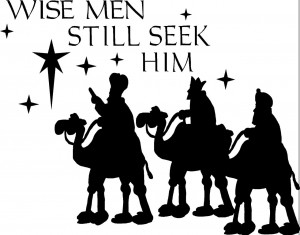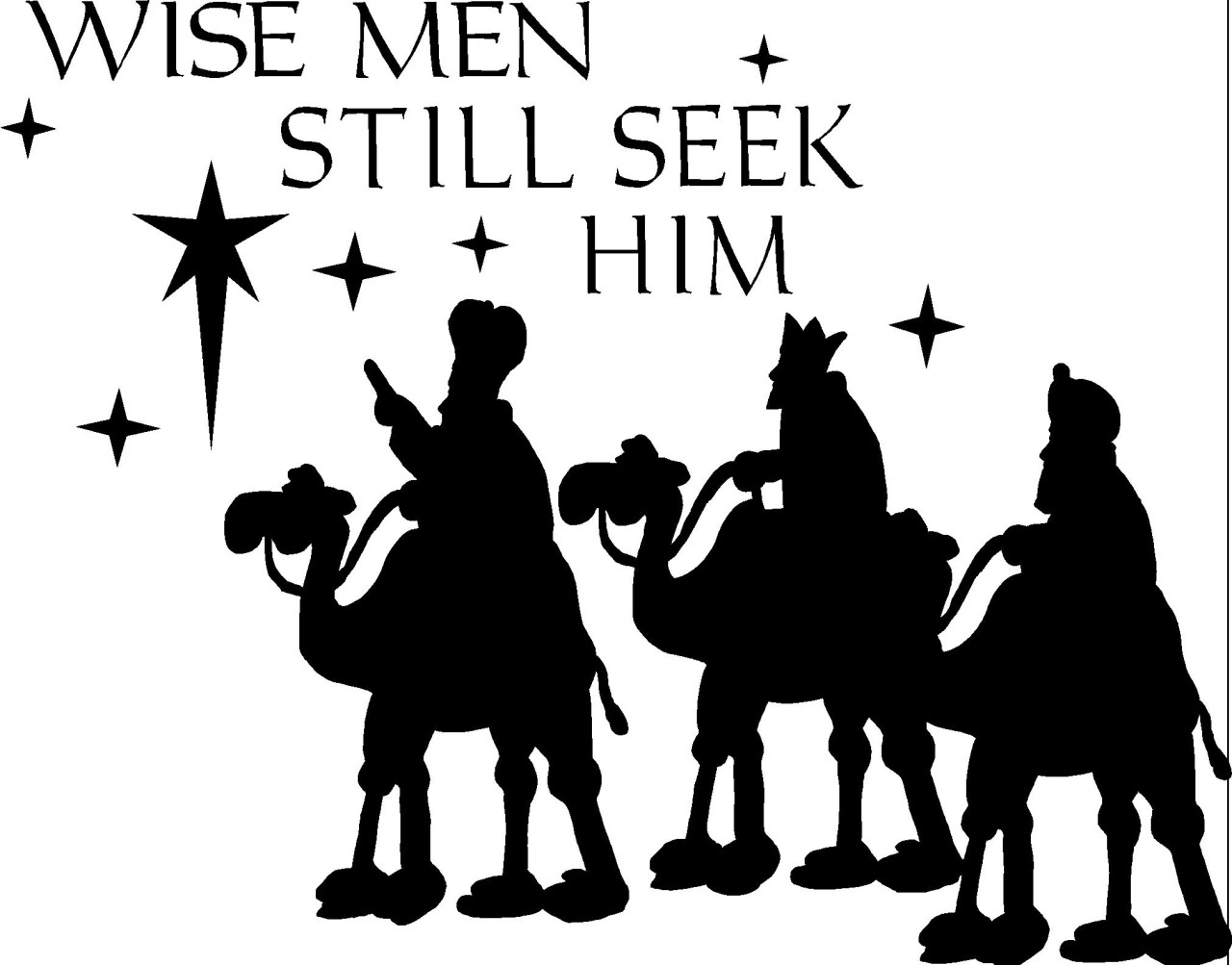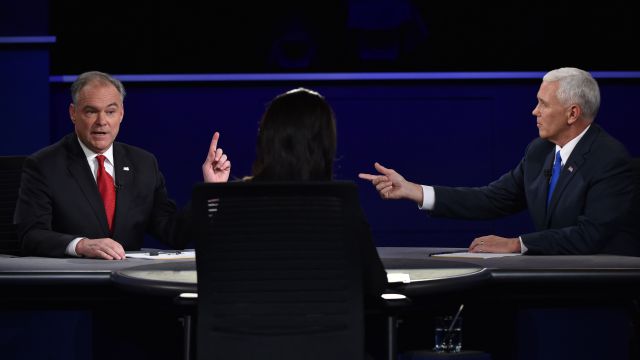 This week’s readings are beautiful. And they make me deeply uncomfortable. The clarion call of Isaiah sounds across the centuries, “Rise up in splendor, Jerusalem! Your light has come…. Nations shall walk by your light, and kings by your shining radiance.” This promises the adoration of nations, appropriately embodied in the Gospel story of the magi appearing in Bethlehem with their gold, frankincense and myrrh. But the specter of Herod looms large, a king in Jerusalem who radically fails to walk by this light. And for us who live centuries after the dawning of that light, doesn’t it seem that far too few nations, far too few kings, far too few Christians actually manage to walk in the light of Christ that shone upon the world’s darkness that first Christmas?
This week’s readings are beautiful. And they make me deeply uncomfortable. The clarion call of Isaiah sounds across the centuries, “Rise up in splendor, Jerusalem! Your light has come…. Nations shall walk by your light, and kings by your shining radiance.” This promises the adoration of nations, appropriately embodied in the Gospel story of the magi appearing in Bethlehem with their gold, frankincense and myrrh. But the specter of Herod looms large, a king in Jerusalem who radically fails to walk by this light. And for us who live centuries after the dawning of that light, doesn’t it seem that far too few nations, far too few kings, far too few Christians actually manage to walk in the light of Christ that shone upon the world’s darkness that first Christmas?
In this Sunday’s Gospel, the baby Jesus still sleeps in the manger, wrapped in his swaddling clothes, with parents, cattle, oxen, and shepherds his only audience. But the Gospel’s focus is not on the Christ child nor the scene in the stable, but on those who seek him, the wise men and Herod. As the baby sleeps, the heavens have provided a sign, for those who have eyes to see, that a history-making king has been born. The magi have studied the signs, have seen them and recognized them, and have managed to follow the star, first to Herod in Jerusalem, and before long to Christ himself in Bethlehem.
Herod, however, is asleep at the switch. As soon as the magi are in town asking about a newborn king, he knows enough to know that there are prophesies about a messiah who is to come. He knows enough to ask those who know the scriptures. He knows enough (which is far from enough) to be threatened by this new ruler. And he knows enough (though this part of the story is left for another day) to plot a rather horrific plan (seemingly) to ensure the destruction of the newborn king, and every male child under the age of two.
The good news is here: the newborn King is born. He will shepherd us and bring us peace. But the question is: how will we respond? Will we, like the wise men, dedicate our lives to seeking him, so that we know him when we find him? Will we offer our gifts, our very selves to him, to do him homage? Or will we find that we turned out to be more like Herod than we imagined?
At the end of the day, Herod was simply interested in protecting the lifestyle to which he had become accustomed. The arrival of the messiah would certainly complicate his life, with implications for both the political ordering of things and the religious ordering of things. The coming of a new history-making king has the potential to change everything about our lives.
I doubt many of us have slaughtered the innocents to keep from encountering Christ. But how many of us spend our days and years searching the heavens for some sign? And then, when we do find it, how many of us sacrifice time and money to seek after him? I fear that most of us (myself very much included), had we lived in Jerusalem at the time of Jesus’ birth, would have been neither Herod nor wise men. We wouldn’t have sought to hurt Jesus, but we wouldn’t have bothered to seek him at all. But for Christians, that’s not good enough. “Hey, I’m not as bad as Herod” should be no assuagement for our consciences.
When I’m honest about the claims of the Incarnation upon me as a Christian, I know that I should be seeking after Christ much more than I do, not only in the heavens, but also in “the least of these,” be it the hungry and homeless or those who are otherwise marginalized and oppressed. And yet, other things often seem to take precedence. Our God who become flesh for us must be encountered in the flesh, in the people that we encounter. Our God who entered history for us must be encountered in our actual historical circumstances. We have to make the time to seek him out and to serve him.
This week’s readings are beautiful, because they make it so clear that the light has come, that it will guide our steps, that Christ is there for the finding to all those who seek to serve him and do him homage. And the readings are discomforting for the same reason. Christ has come into the world and into our lives. We should be changed, we should get moving, we should seek him out. We should seek him in humility and service, that we might radiate his light to all we meet.




